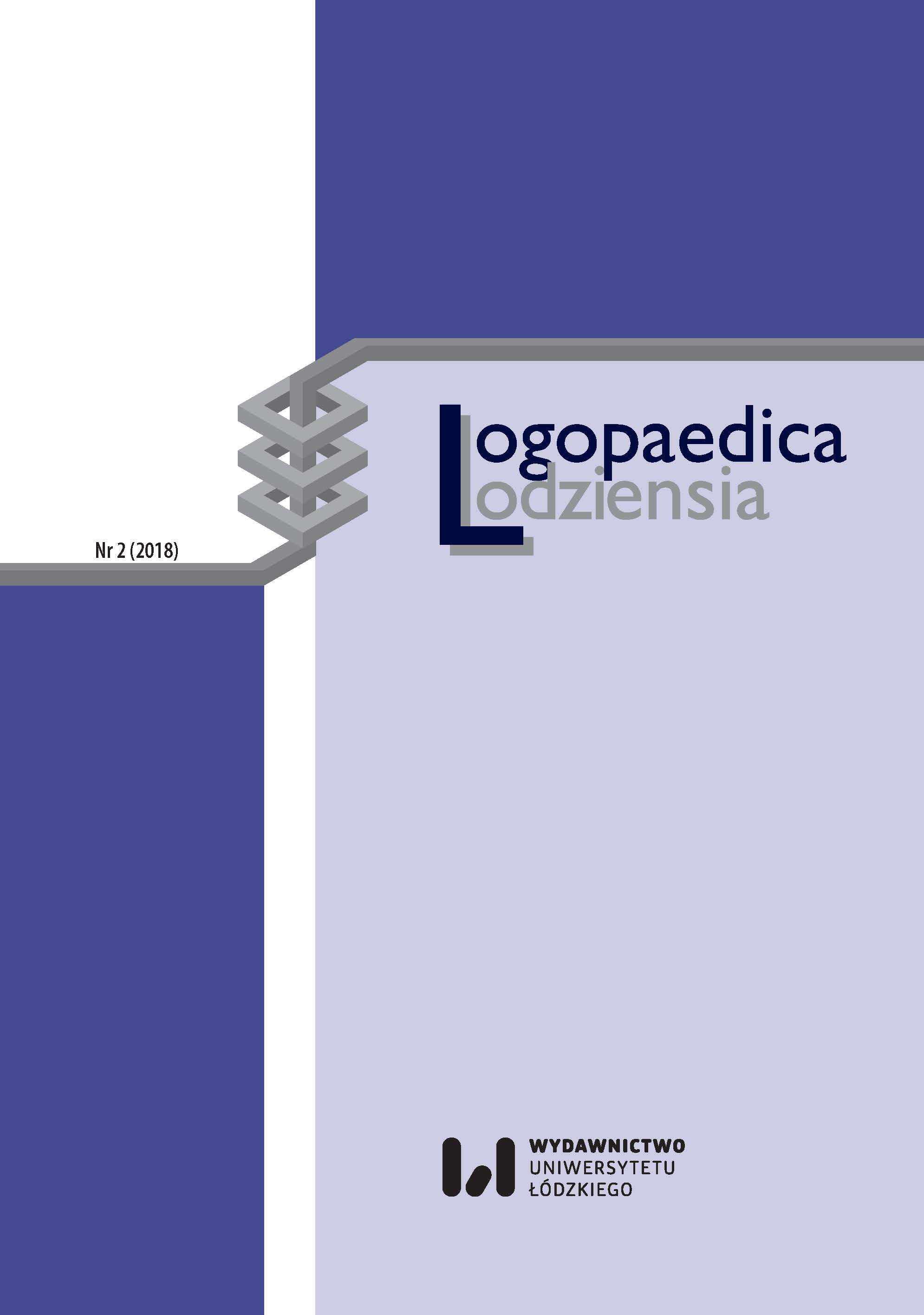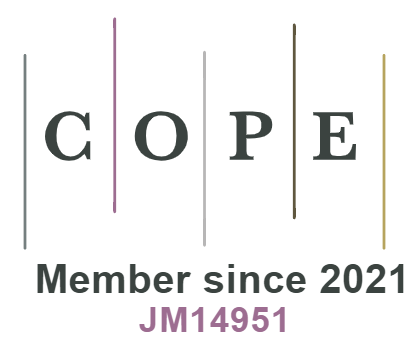Logos and Metanoia
DOI:
https://doi.org/10.18778/2544-7238.02.09Keywords:
classical philosophy, logos, metanoia, language, “second navigation”, stream of consciousnessAbstract
The aim of this paper is to reconsider the meaning of the two title concepts which can be found at the base of the European thought. Referring to the works of Giovanni Reale (Italian historian of philosophy from the turn of the 20th and 21st centuries) the author tries to reconstruct the Greek reflection of spiritual transformation. Starting with Odyssey by Homer and selected works by Plato the concept of “second navigation” is presented. In case of Plato, it is his Letters that play a crucial role in the demonstration of „second navigation”. The transformation of this very concept in Neoplatonism of Philo of Alexandria and Plotinus is subsequently discussed. The author also brings to mind two Greek conceptions of time: Cronus and Caerus. The text also has reference to contemporary philosophy and literature. On the one hand, “second navigation” takes on a new meaning in the light of the concept of “stream of consciousness” invented by William James. On the other one, the idea of “stream of consciousness” was deliberately used in Ulysses by James Joyce in order to describe a situation when no “second navigation” is possible. In this way, the story of spiritual transformation of both Odysseus and Stephen Dedalus from Ulysses by James Joyce can be reinterpreted anew.
Downloads
References
Buczyńska-Garewicz Hanna, 1973, James, Warszawa: Wiedza Powszechna.
Google Scholar
Filon z Aleksandrii, 1986, Pisma, t. 1, tłum. L. Joachimowicz, Warszawa: Wydawnictwo PAX.
Google Scholar
Graves Robert, 1967, Mity greckie, tłum. H. Krzeczkowski, Warszawa: Państwowy Instytut Wydawniczy.
Google Scholar
Hadot Pierre, 1992, Konwersja, [w:] tenże, Filozofia jako ćwiczenie duchowe, tłum. P. Domański, Warszawa: Wydawnictwo Aletheia, s. 171–181.
Google Scholar
Homer, 1956, Wybór z „Odysei” Homera, tłum. J. Parandowski, Warszawa: Państwowe Wydawnictwo Naukowe.
Google Scholar
Joyce James, 1992, Ulisses, tłum. M. Słomczyński, Bydgoszcz: Wydawnictwo Pomorze.
Google Scholar
Kitto H. D.F., 2003, Tragedia grecka. Studium literackie, tłum. J. Margański, Kraków: Homini.
Google Scholar
Ong Walter Jackson, 1992, Oralność i piśmienność. Słowo poddane technologii, tłum. J. Japola, Lublin: Wydawnictwo Katolickiego Uniwersytetu Lubelskiego.
Google Scholar
Platon, 1987, Listy, tłum. M. Maykowska, Warszawa: Państwowe Wydawnictwo Naukowe.
Google Scholar
Platon, 2002, Fedon, tłum. R. Legutko, Warszawa: Znak.
Google Scholar
Plotyn, 1959, Enneady, tłum. A. Krokiewicz, t. I–II, Warszawa: Państwowe Wydawnictwo Naukowe.
Google Scholar
Reale Giovanni, 1993, Historia filozofii starożytnej. II. Platon i Arystoteles, tłum. E. I. Zieliński, Lublin: Wydawnictwo Katolickiego Uniwersytetu Lubelskiego.
Google Scholar
Świeżawski Stefan, 2000, Dzieje europejskiej filozofii klasycznej, Warszawa–Wrocław: Wydawnictwo Naukowe PWN.
Google Scholar
Downloads
Published
How to Cite
Issue
Section
License

This work is licensed under a Creative Commons Attribution-NonCommercial-NoDerivatives 4.0 International License.












